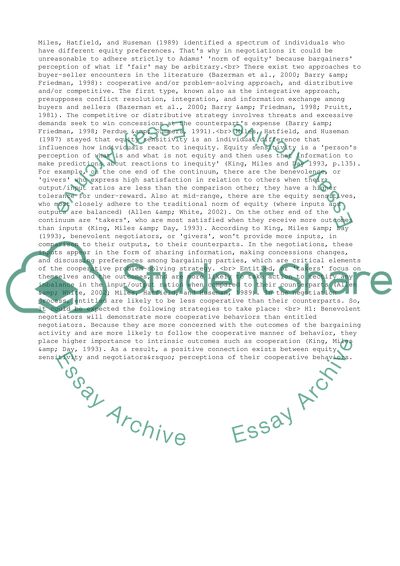Cite this document
(“The affect of personal characteristics on negotiation Essay”, n.d.)
The affect of personal characteristics on negotiation Essay. Retrieved from https://studentshare.org/business/1519221-the-affect-of-personal-characteristics-on-negotiation
The affect of personal characteristics on negotiation Essay. Retrieved from https://studentshare.org/business/1519221-the-affect-of-personal-characteristics-on-negotiation
(The Affect of Personal Characteristics on Negotiation Essay)
The Affect of Personal Characteristics on Negotiation Essay. https://studentshare.org/business/1519221-the-affect-of-personal-characteristics-on-negotiation.
The Affect of Personal Characteristics on Negotiation Essay. https://studentshare.org/business/1519221-the-affect-of-personal-characteristics-on-negotiation.
“The Affect of Personal Characteristics on Negotiation Essay”, n.d. https://studentshare.org/business/1519221-the-affect-of-personal-characteristics-on-negotiation.


